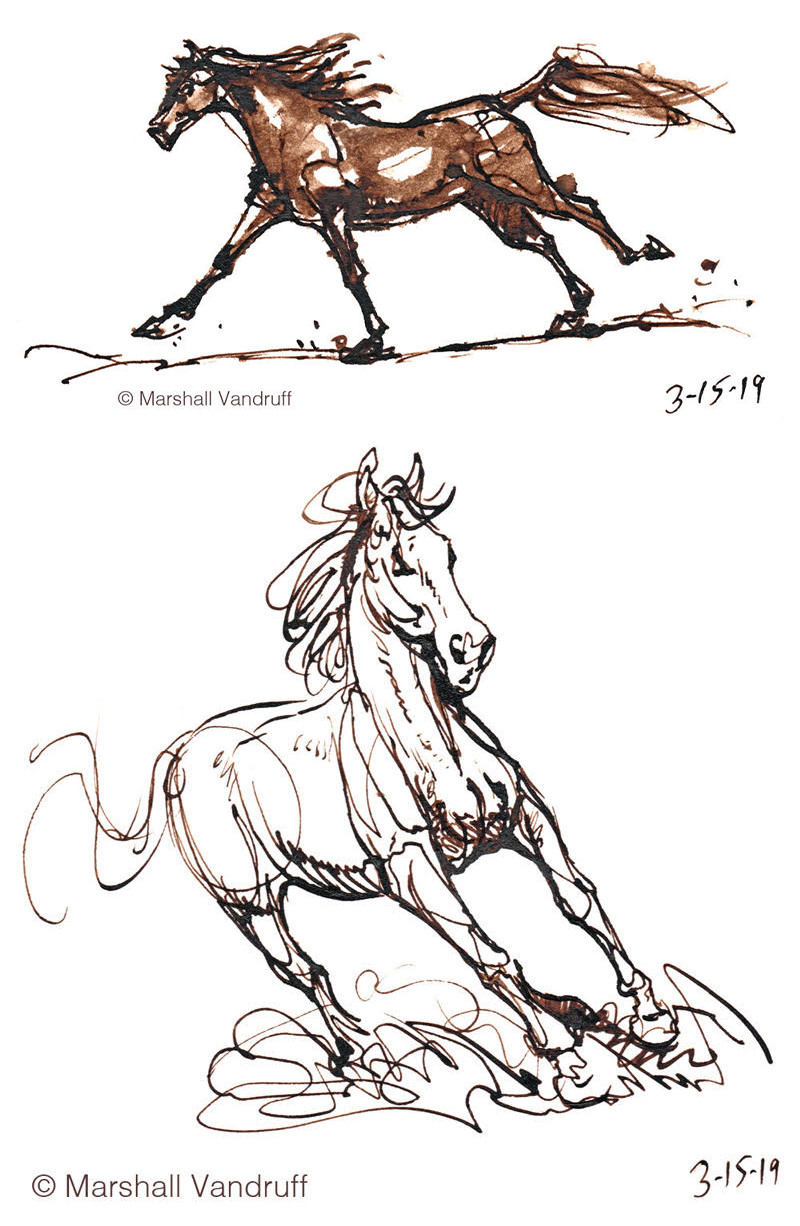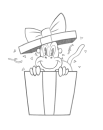Special thanks to Betterhelp and Grovemade for sponsoring this episode.
Get 10% off your first month by visiting our sponsor BetterHelp
Upgrade your workspace today with Grovemade
Having difficulties figuring out how much to charge for your art? Do you feel like you’re undervaluing yourself and your work? There’s a lot that goes into pricing and selling fine art. We’ll show you how to break down the process into stages, and share a variety of ways we’ve found to negotiate and determine prices for your art. You’ll then get to see an example as we negotiate over the cost of a few Marshall Vandruff originals.
The movie Marshall meant to reference in this episode was not HAIL, CAESAR!, it was INSIDE LLEWYN DAVIS
Books and Resources
(some contain affiliate links)
Graphic Artist’s Guild Pricing and Ethical Guidelines
Michael Dues' Conflict Management
A Photographer’s Guide to Marketing and Self Promotion by Maria Piscopo
Referenced Artists:
Drew Struzan

Drew Struzan Worskshop
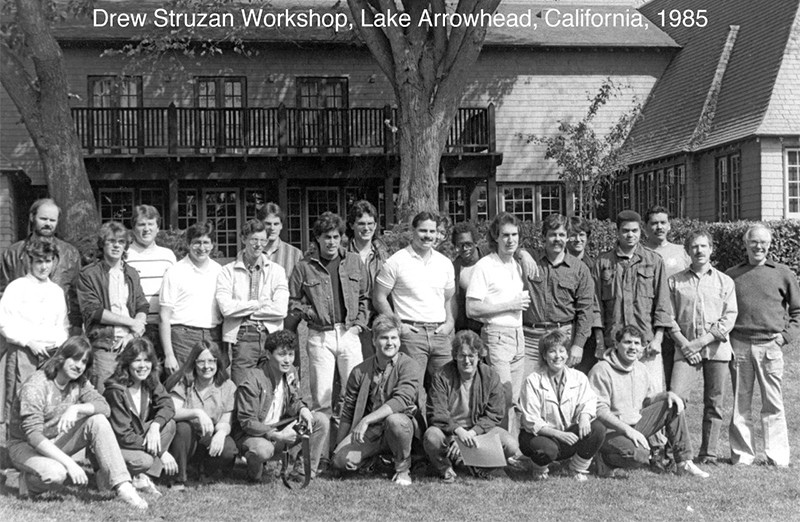
William Stout
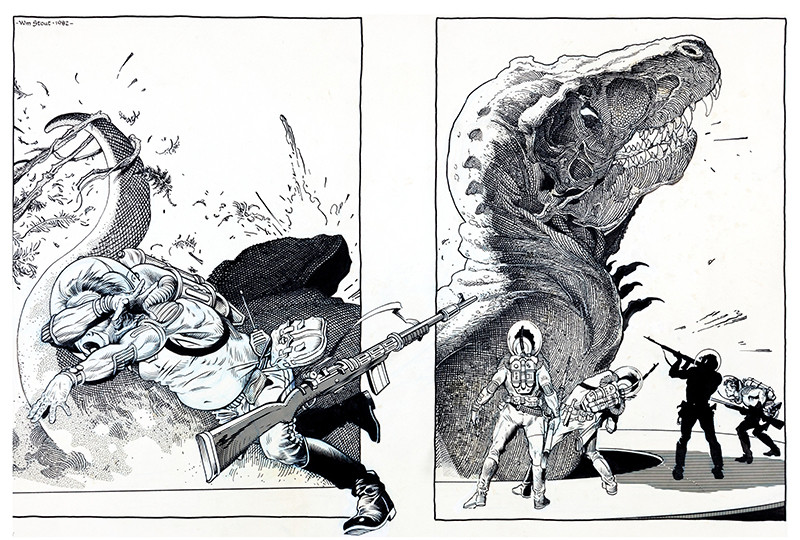
Obama Hope Portrait, Shepard Fairey
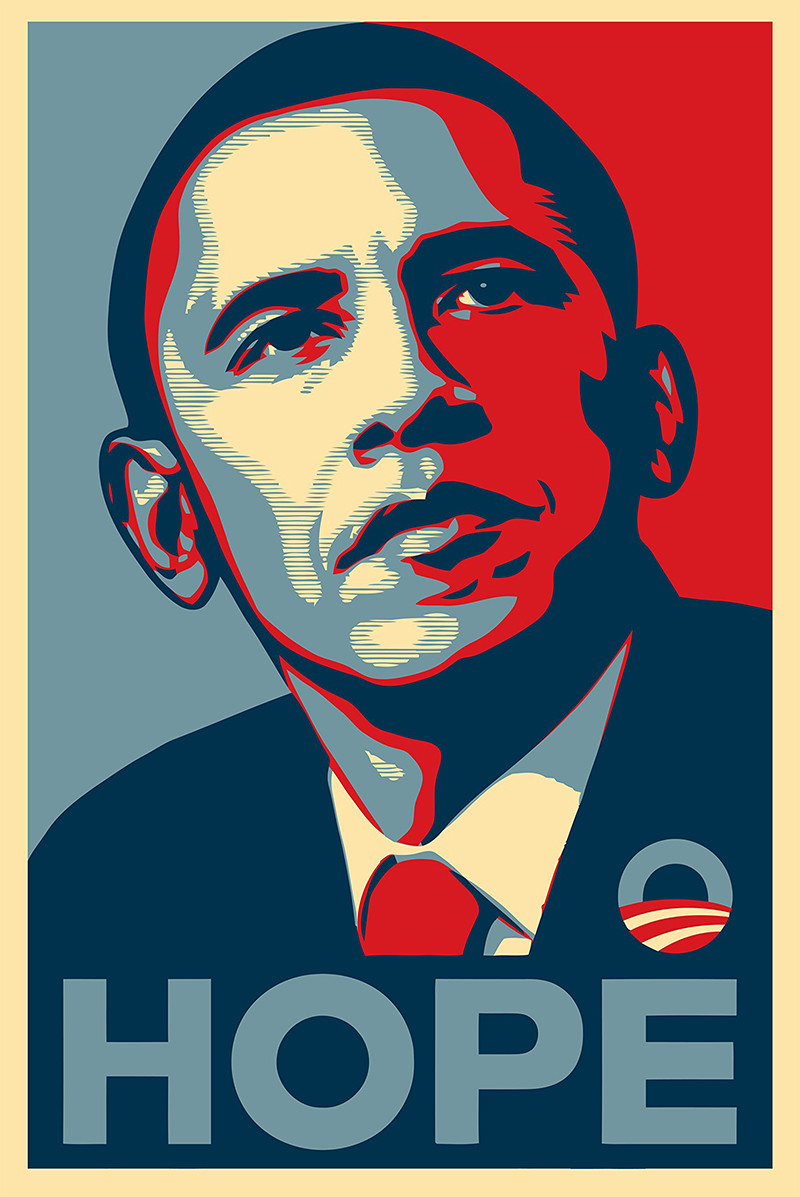
Marshall Vandruff's work in MAD Magazine
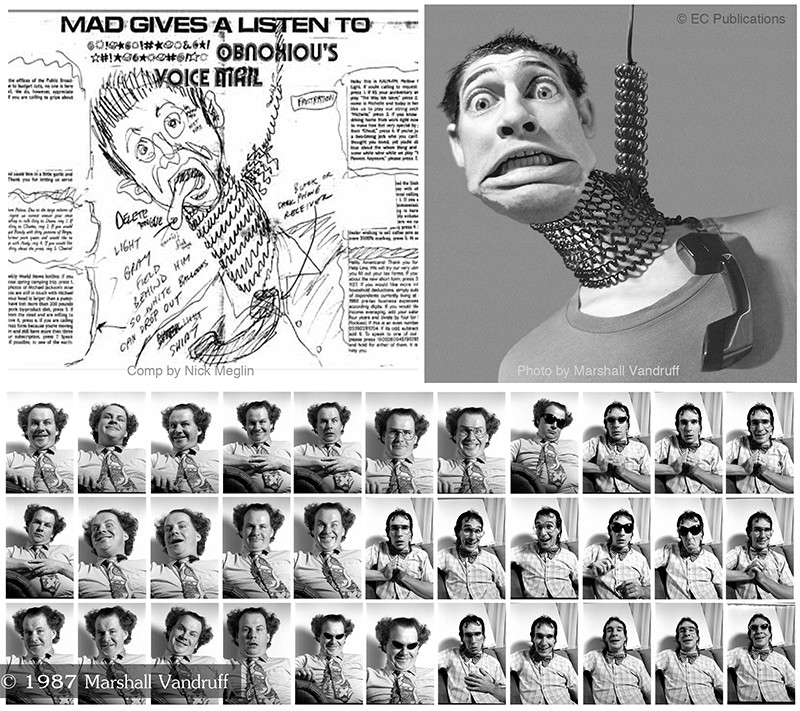
Marshall Vandruff's Allergan Ad

Marshall Vandruff's Imagine FX Magazine cover and Gnomon DVD

Marshall Vandruff's Steamroller
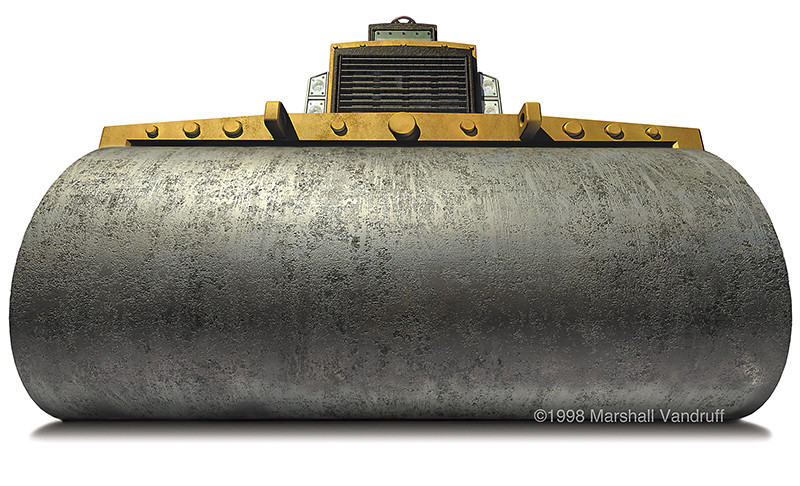
Marshall Vandruff's Horse Drawings
